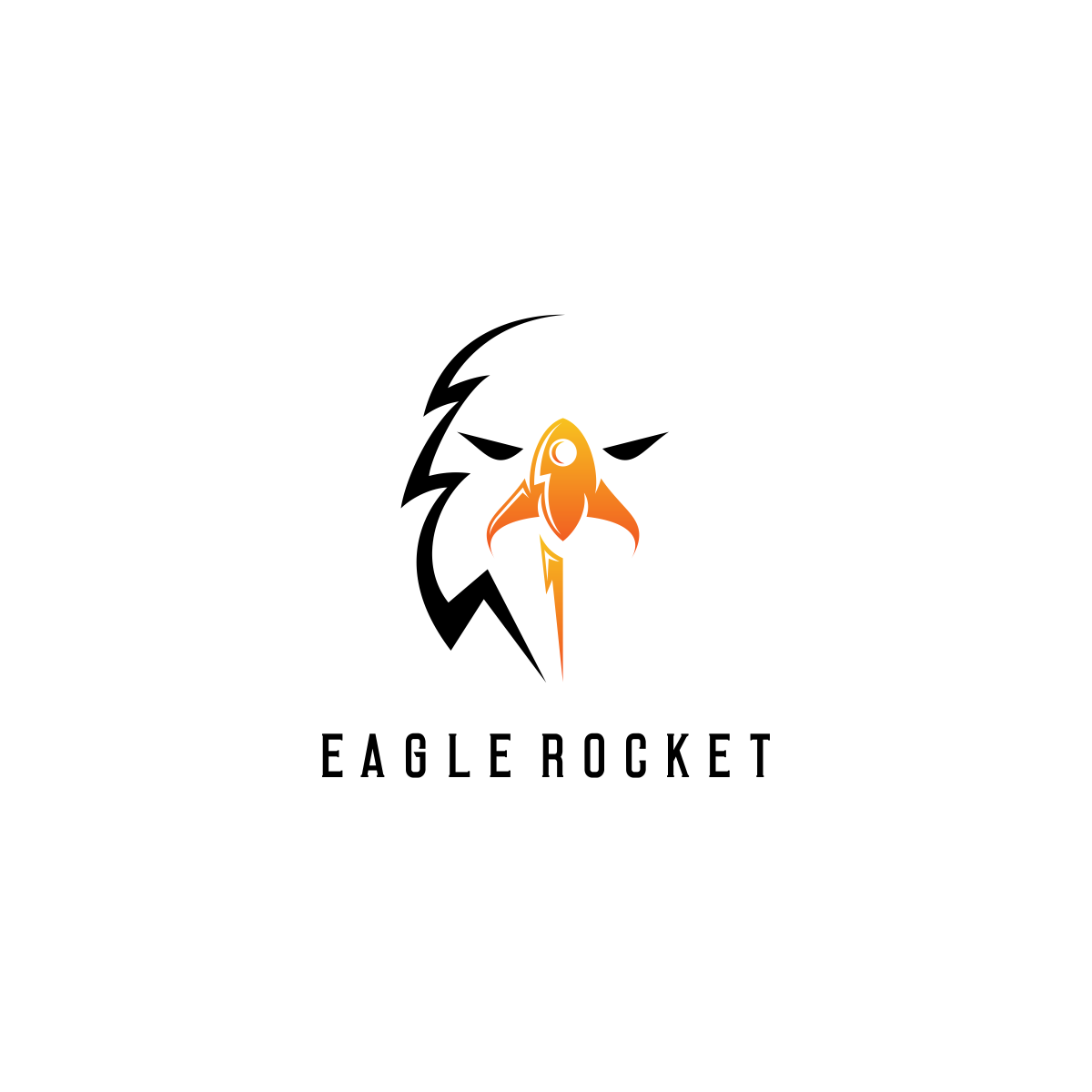The landscape of recruitment in France presents both opportunities and challenges, especially for international companies aiming to attract talented sales professionals. The complexities of the cultural, legal, and professional environment necessitate meticulous planning and execution in the recruitment process. As we progress through 2025, understanding the essential elements that can enhance your recruitment approach will be more pertinent than ever. By recognizing common pitfalls and implementing strategic measures, organizations can optimize their sales recruitment processes effectively.
Understanding the French Recruitment Landscape
Recruiting in France requires a comprehensive understanding of the country’s specific job market dynamics. Unlike other regions, French candidates possess unique expectations when it comes to job applications, interviews, and offers. The following are pivotal aspects that define the recruiting environment:
- Cultural Expectations: French job seekers favor detailed job descriptions and transparency regarding expectations.
- Legal Compliance: Adhering to local labor laws is mandatory, influencing the way job offers should be constructed and presented.
- Professional Networking: Utilizing platforms like LinkedIn and Indeed is vital for sourcing potential candidates.
- Employer Branding: Establishing a strong employer brand can significantly impact candidate attraction.

Common Recruitment Mistakes to Avoid
Despite having clarity on recruitment practices, many organizations make critical mistakes that hamper their efforts. Here are the most prevalent errors that companies should avoid:
- Vague Job Descriptions: Failing to specify job roles leads to attracting unsuitable candidates.
- Non-competitive Offers: Offering salaries that do not align with market standards can drive candidates away.
- Ignoring the Onboarding Process: A poor onboarding experience can result in high turnover rates.
Each of these issues has practical solutions that organizations can implement to enhance their recruitment effectiveness.
Defining Job Requirements Clearly
A prevalent mistake observed in the recruitment field is the lack of clear communication regarding the specific requirements of a position. In France, candidates expect detailed descriptions that include both hard skills and soft skills necessary for success.
Job Titles and Responsibilities
In the French job market, professional titles carry significant meaning. Differentiating between positions such as « Technicien » and « Ingénieur » is essential, as it reflects varying levels of expertise and qualifications. Employers must collaborate with hiring managers to articulate the expectations accurately.
| Job Title | Responsibilities | Required Skills |
|---|---|---|
| Technicien | Technical support, maintenance | Problem-solving, technical knowledge |
| Ingénieur | Design, project management | Analytical skills, project management |
To refine job descriptions, organizations can leverage recruitment platforms like Greenhouse and Workable, which help tailor descriptions to match the desired profile. Furthermore, ensuring compliance with local labor laws minimizes legal risks in the hiring process.
Creating Compelling Job Descriptions
In a competitive market, simply stating job requirements is not enough. Job descriptions must be appealing to attract top talent. Candidates in France value not only the core responsibilities but also perks such as:
- Flexible working conditions
- Health benefits
- An outline of career progression opportunities
To capture candidate interest, your posting must include essential details like expected salary range, bonuses, and unique benefits. Remember to frame this information positively, showcasing how these aspects contribute to a fulfilling work experience.
Enhancing the Interview Process
Interviews are a critical component of recruitment; however, relying solely on them may lead to misjudgments in candidate selection. Research from Harvard Business Review indicates that traditional interviews possess a mere 50% effectiveness rate.
Complementing Interviews with Assessments
Integrating various assessment methods can enhance the recruitment process. Consider the following approaches:
- Skills Testing: Utilize platforms such as SmartRecruiters and Zoho Recruit to design tests that evaluate both hard and soft skills pertinent to the position.
- Assessment Centers: Run simulated exercises that represent real job challenges to better observe candidates’ problem-solving capabilities.
- Work Samples: Collect relevant work exemplars, such as prior sales presentations, to gauge their fit.
For example, a marketing candidate could be tasked with creating a campaign plan to showcase creativity and strategic thought processes before being hired.
The Importance of Cultural Awareness
In France, understanding cultural nuances is as crucial as technical knowledge. Candidates appreciate structured communication regarding performance feedback and career growth. Training your recruitment team in cultural sensitivity can lead to more authentic interactions with potential hires and foster a better understanding of candidate expectations.
Understanding the Role of References and Diplomas
Academic qualifications hold substantial importance in France. Candidates generally present diplomas and Certificates of Work as proof of their expertise and prior experience. Employers who do not take the time to verify these credentials may overlook qualified individuals that could enrich their teams.
Verifying Credentials Efficiently
It is essential to implement a structured process for checking references and diplomas. The following steps can facilitate this verification:
- Request Formal Documentation: Always ask for appropriate certificates such as the « Certificat de Travail. »
- Use Third-Party Services: Investigate platforms like ENIC-NARIC France, which specialize in evaluating foreign qualifications.
- Engage Previous Employers: Obtain insights on the candidate’s past performance and contributions.
By ensuring the verification of academic and professional credentials, companies can create a robust recruitment framework that mitigates risks associated with misrepresentation.
Onboarding: The Key to Retention
An effective onboarding process significantly influences employee retention. Research shows that organizations with well-structured onboarding programs see 54% higher employee engagement. For sales professionals, where culture and collaboration are pivotal, an organized onboarding experience offers new hires the support needed to thrive.
Elements of a Structured Onboarding Program
To facilitate a successful onboarding experience, organizations should include the following components:
- Introduction to Company Culture: Present new hires with an understanding of company values, mission, and work ethics.
- Job-Specific Training: Provide resources and training programs that help new employees understand their roles and responsibilities.
- Mentorship Programs: Pair new hires with a mentor to provide ongoing support during the adjustment period.
Utilizing digital tools such as Recruitment Genius can streamline the onboarding process, making it easier to track tasks and progress.
Promoting Work-Life Balance
In a post-pandemic world, the emphasis on work-life balance has grown exponentially. France’s legal framework supports policies such as a 35-hour workweek and extended vacation allowances. Candidates are now looking for employers who respect these standards.
Highlighting Work-Life Balance in Job Offers
When creating job listings, it’s essential to emphasize your company’s commitment to employee well-being. Candidates in France respond positively to recruiting efforts that showcase:
- Flexible work hours
- Remote working options
- Supportive company culture with time-off policies
Incorporating such values into your employer branding can significantly enhance your attractiveness to top talent.
In the vibrant and complex recruitment landscape of France, navigating cultural nuances and legal requirements while optimizing recruitment strategies is essential for attracting the best sales talent. By learning from common mistakes and incorporating structured processes, organizations can develop a successful recruitment framework that not only engages potential employees but sets the foundation for their long-term success.

